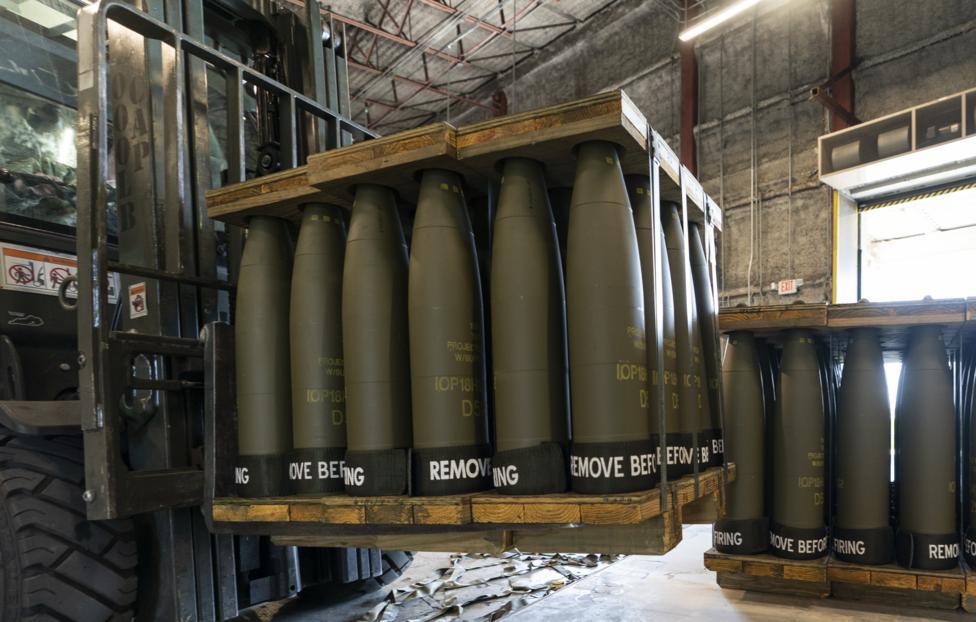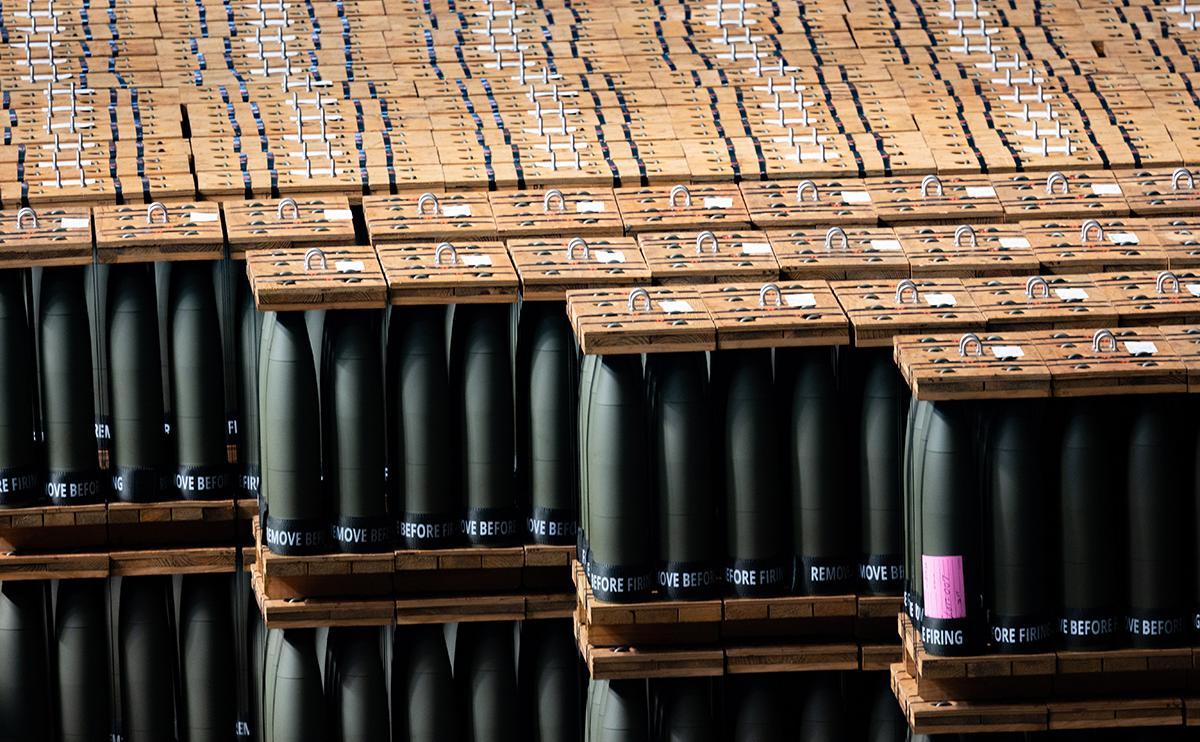The truth behind South Korea's absence in Ukraine's aid Deciphering US intentions
The US could have easily solved the issue of supplying shells to the Ukrainian armed forces even when there was a hiccup in the US Congress. At the same time, they could have also solved a number of problems with arming Ukraine without large expenditures of their own. For example, at the expense of South Korea. How exactly? And why didn't they do it?
The answer to the first question is simple enough. South Korea's stockpiles of munitions and defence complex are huge. Its military-industrial complex is developing rapidly, and its stockpiles of obsolete weapons are not insignificant, because the Republic of Korea is one of the most militarized countries in the world. At the same time, the degree of South Korea's dependence on the United States is such that it was enough for the Americans to furrow their eyebrows to force billions of dollars in aid. You can ask any reputable Korea expert this question and you will get the answer - yes. The Republic of Korea, under pressure from the US, is capable of huge expenditures just to maintain its influence in Washington.
South Korea is extremely concerned about the weakening of the US ability to support its partners. After all, the country is dangerously close to the DPRK and the PRC. Therefore, almost all Korean parties would like to do anything that would help them strengthen ties with the United States. Since there have been no requests to help Ukraine with arms and shells, it means that the Biden administration is not that concerned about Kyiv's situation.

But why? Probably for the same reason the US supplied 31 Abrams tanks to the Ukrainian Army (against thousands of Russian tanks), having previously stripped them of their good depleted uranium armor, which led to an increase in casualties - this small detail is like a drop of water in which the whole ocean is reflected. The answer is obvious - they don't need the victories of the Ukrainian Army.
Of course, they do not need a Russian victory either, which would be a challenge to American hegemony in the world. The US intends to give and is giving Ukraine just enough so that the Ukrainian state does not die. The goal is for the parties to bleed out, and when and if that happens, the US will act as a mediator in the negotiations. Washington wants “Koreanization,” a freezing of armed clashes along existing fire lines. Even at the very beginning of the conflict, this position was outlined by the RAND Corporation, one of the leading think tanks serving the US government and military.
The next question is why did the US take this position? This is more complicated, for there are several possible answers. One of them is fear of Moscow's nuclear weapons. Although, according to some experts, this fear has diminished in recent years, it exists. In reality, even a 20 or even 70 per cent reduction in fear doesn't change much. Suppose the risk is only 1 per cent out of 100, so what if the risk is low, why take a risk for someone who is not your family member or yourself? Theoretically it might increase supplies for the Ukrainian armed forces, but it's not at all certain that the increase would be radical under such circumstances.

Secondly, the West was frightened by the events surrounding Prigozhin's speech. Most likely, they fear destabilization inside Russia. For example, its hypothetical disintegration into 10 states that could become nuclear weapons possessors is among Washington's worst nightmares.
Thirdly, the West's key opponent is China, a country that has emerged as an economic and military superpower. According to Western politicians, weakening Russia on too large a scale will lead to the strengthening of Chinese influence, and to the fact that Russia will depend on it more and more. Chinese influence is the main problem of the collective West and, above all, of the US in its struggle for global hegemony. They are afraid of a huge strengthening of China in case Russia turns into a Chinese Canada.
However, we can argue endlessly about the reasons for US policy. But much more important is the simple fact that their policy is exactly as we have described it. However it may be, they are doing exactly that. In principle, for people involved in global financial and geopolitical games, this is usual and typical.
The views and opinions expressed by guest columnists in their op-eds may differ from and do not necessarily reflect the views of the editorial staff.






